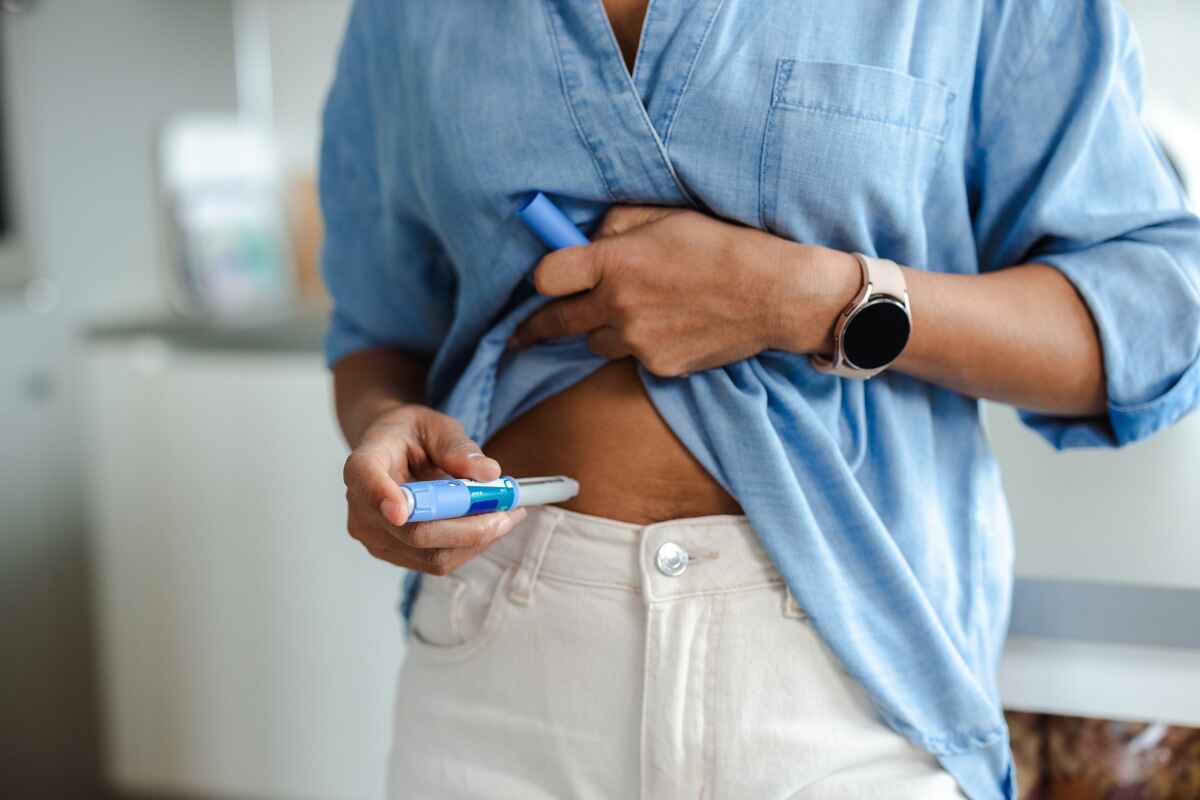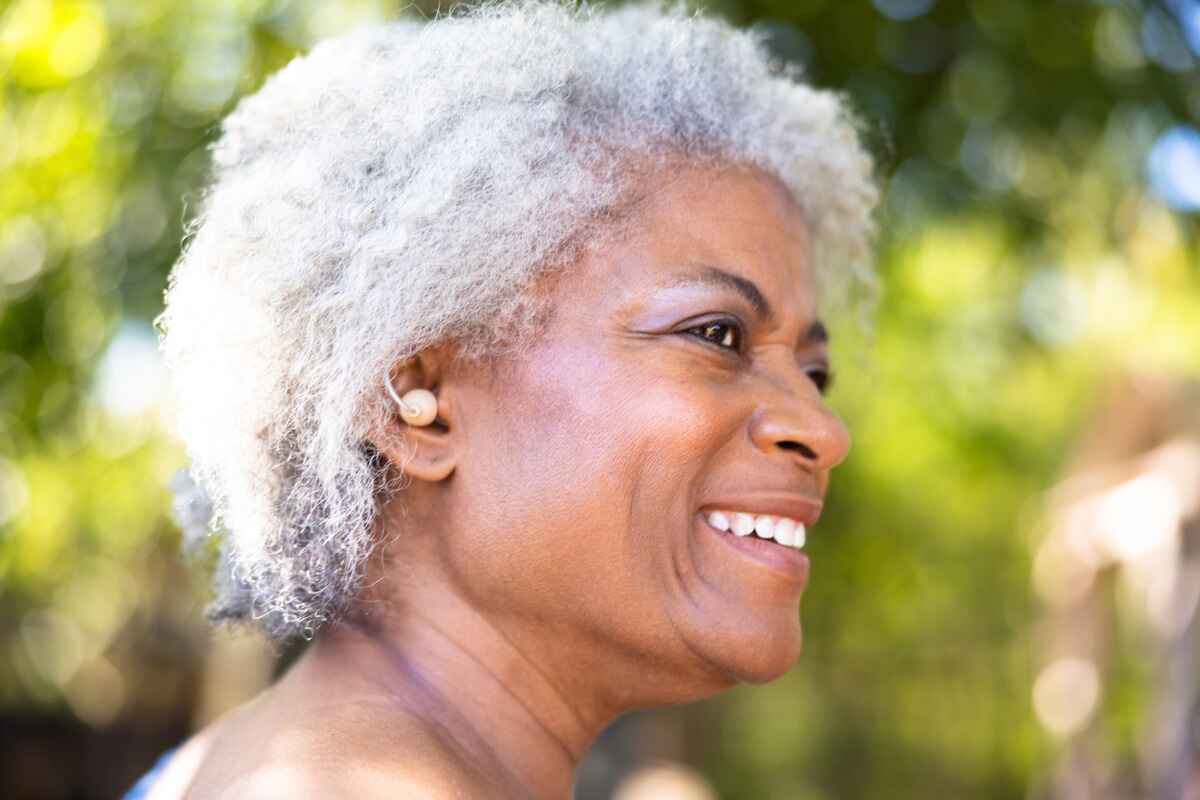Much of the human body is made up of water and people are at a higher risk of becoming dehydrated when sick. While IV fluids can make people feel better, it is generally not needed. The GI tract is excellent at absorbing fluids as long as you can keep them down.
Staying properly hydrated is more important than ever after Hurricane Helene resulted in supply chain disruptions. A major IV fluid producing facility in North Carolina was taken out of service and we are only starting to recover from the nationwide shortage.
Signs of dehydration
Dehydration happens when the body is losing more fluid than it is taking in. This can happen due to fever, diarrhea, vomiting, excessive sweating due to exposure to high heat and humidity, and certain medications such as diuretics that cause increased urination. Elderly patients, young kids and those with underlying medical conditions such as diabetes or kidney disease are at greater risk.
Symptoms of dehydration can include:
- Lightheadedness or dizziness
- Headache
- Fatigue
- Weakness
- Dark colored urine
- Muscle cramps
- High heart rate
- Low blood pressure
- Extreme thirst
- Confusion
Significant confusion, low blood pressure, dizziness or fainting and uncontrolled vomiting are all red flags that would warrant emergency care. For babies and young kids, no wet diapers, rapid breathing, lethargy or crying without tears are also red flags.
Dehydration can cause electrolyte disturbances, injury to the kidneys, low blood pressure, heat stroke and in severe cases lead to shock and death.
However, most cases of mild or moderate dehydration can be treated without IV fluids.
“There have been several studies in kids related to diarrheal illnesses and dehydration that showed that kids who got oral rehydration did just as well as the kids who got IV fluids. And that it decreased mortality,” said Amelia Nadler, DNP, FNP-C, Medical Director for Yale New Haven Health Urgent Care.
How to get hydrated fast
Nadler says oral rehydration just takes more persistence. For example, it is recommended men drink 15 cups of water and women drink 11 cups of water per day. Instead of trying to drink all that fluid in a short amount of time, take small sips every few minutes.
“When we have folks who have nausea and vomiting, we like them to have somewhere around 30mls every three to five minutes,” said Nadler. “You're really just taking a sip every couple of minutes to try and rehydrate without making you feel more nauseated by overburdening your stomach.”
Small sips are also important for kids. Popsicles, ice chips or Jello can help them stay hydrated when they do not want to drink. Drinks with electrolytes or hydrating powders which include combinations of salt and sugar can be helpful too.
Even without GI symptoms, hydration is key to helping treat those with other illnesses. When you are ill, it is important to keep up with your fluid intake. It can help you feel better, avoid getting a headache and help loosen mucus.




